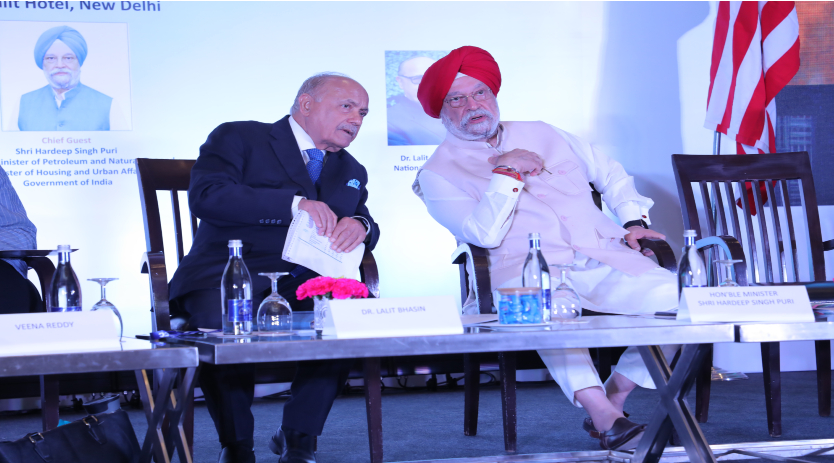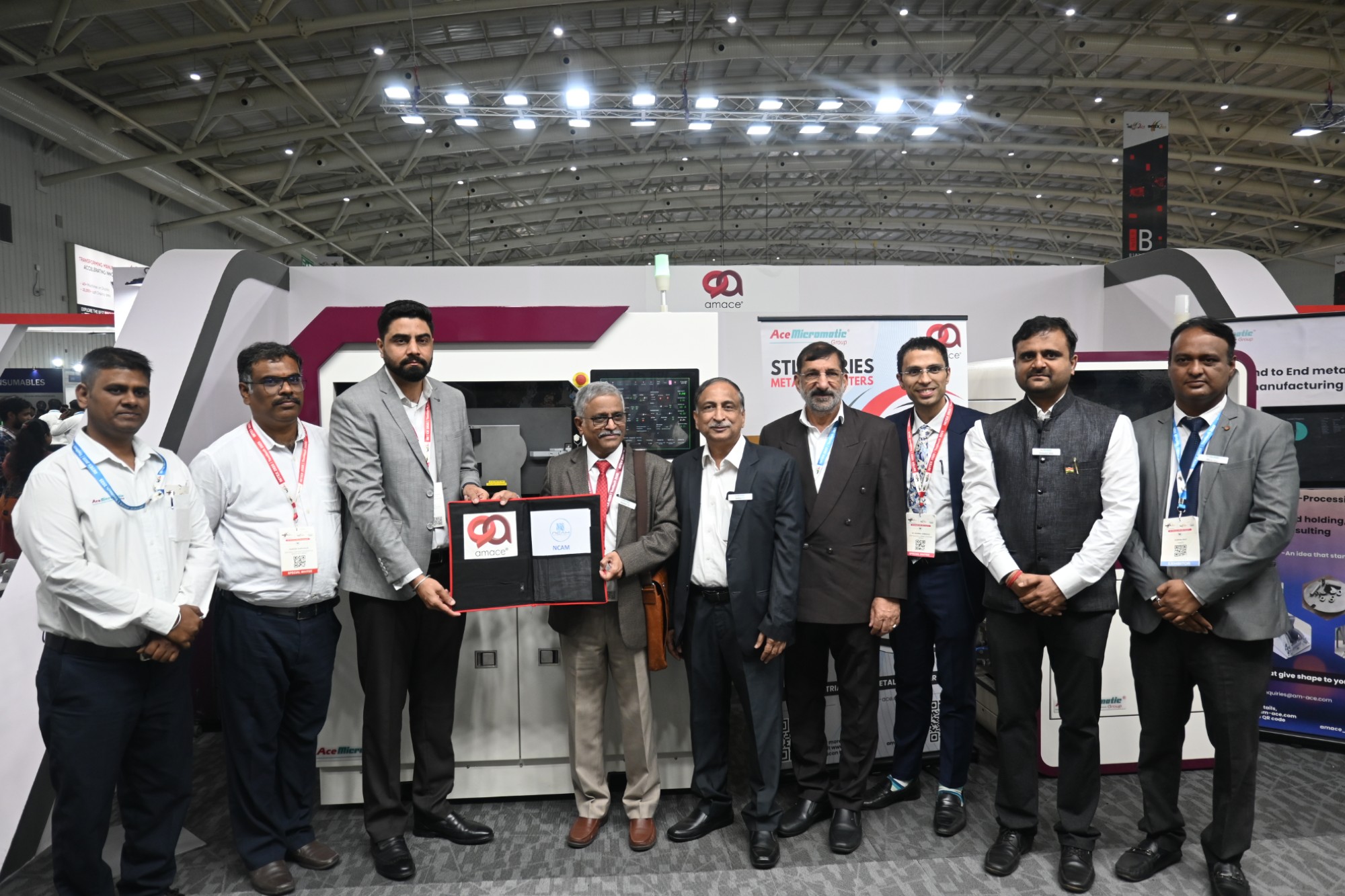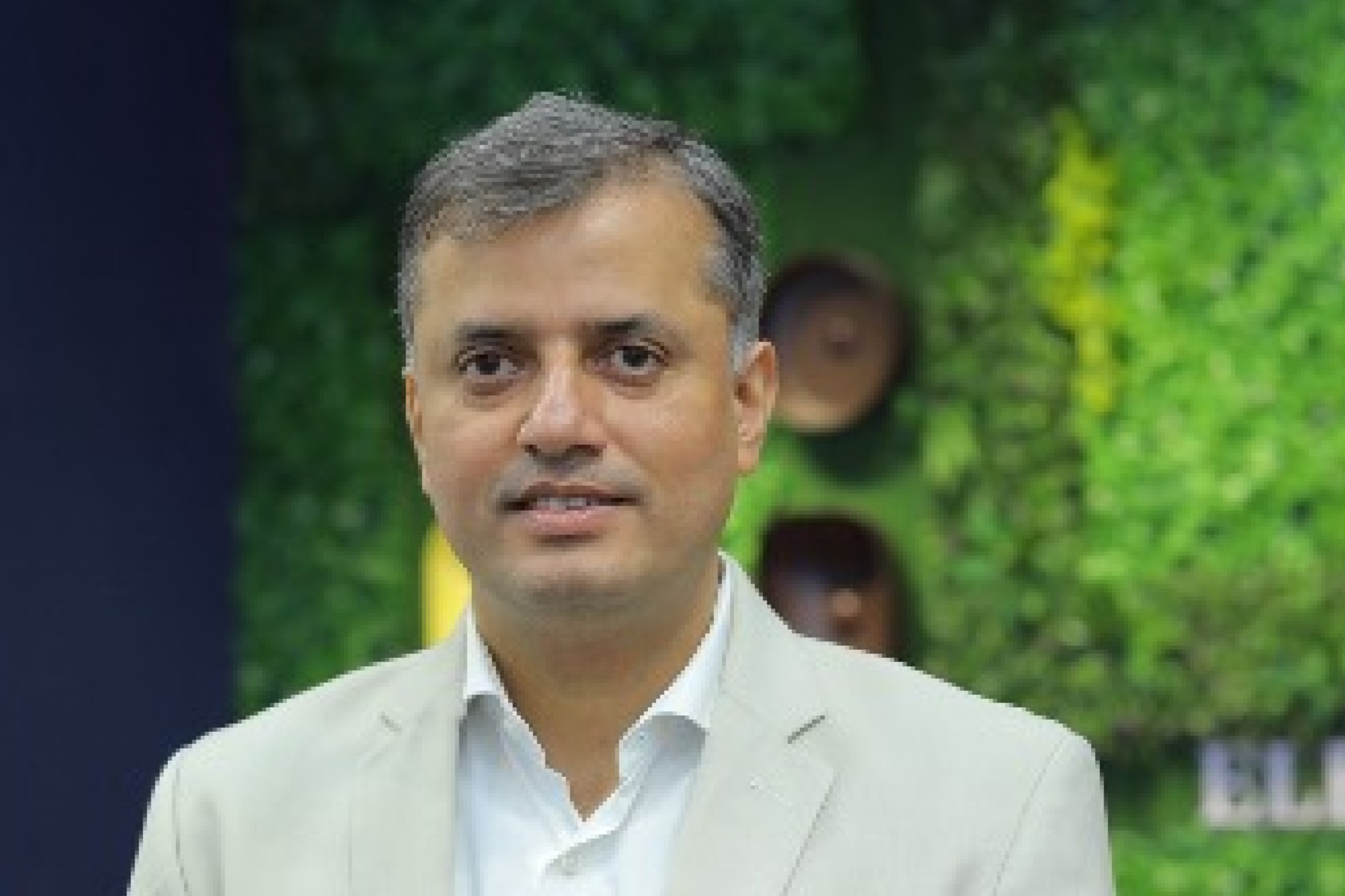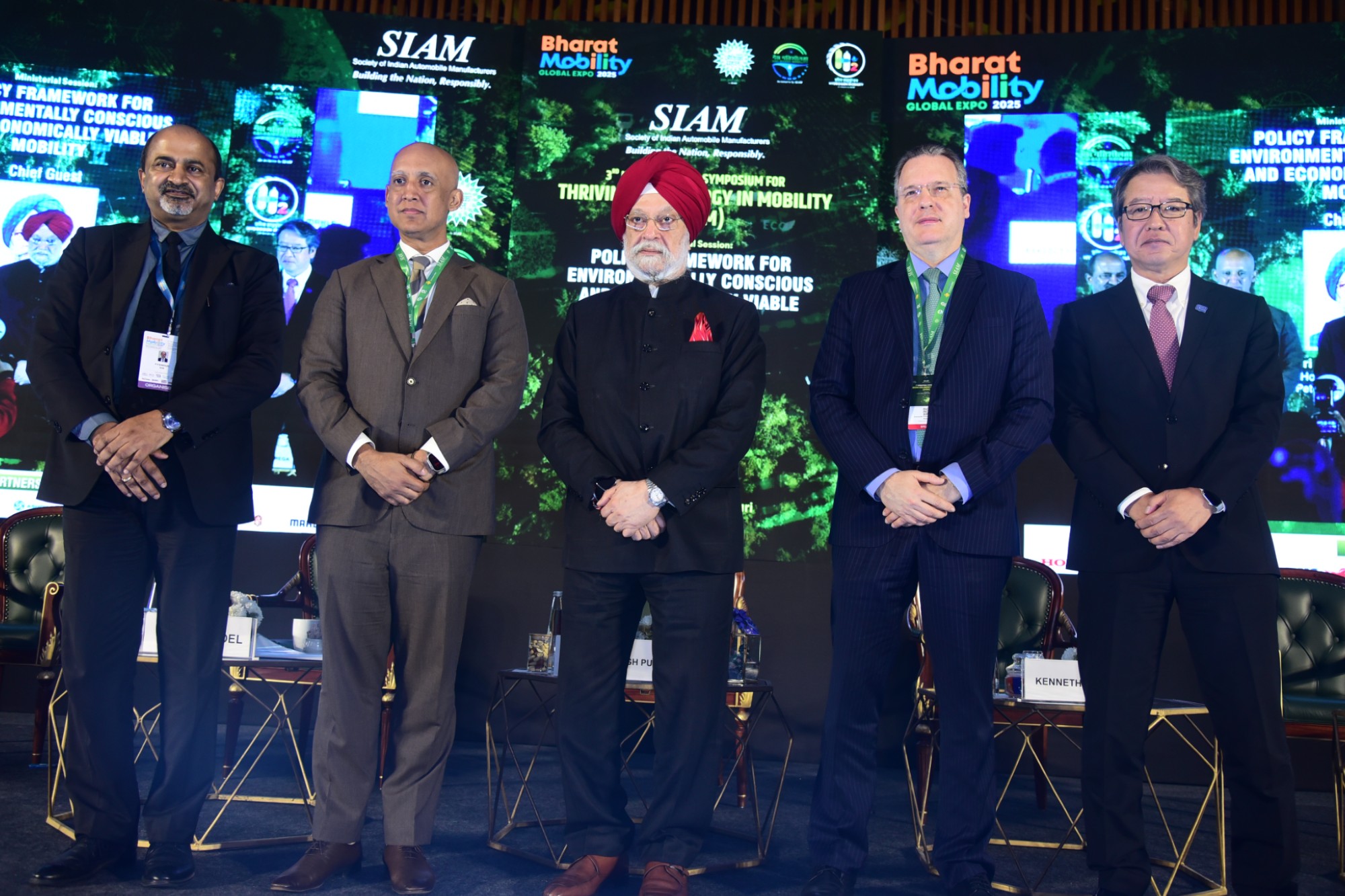India aims for increased refining capacity with focus on 20 million metric ton refineries
By OEM Update Editorial June 2, 2023 6:49 pm IST
Talking about building more refineries and relation to clean energy at IACC-NIC’s first energy summit, ‘Energy Transition – Evolution of our Energy Mix, Mr. Hardeep Singh Puri said, “Refineries will make petro-chemicals and green hydrogen; at this time, the refining capacity is around 250 million metric tonnes per annum, we want to increase it to 400 or 450 million metric tonnes per annum. “
Minister of Petroleum and Natural Gas Mr. Hardeep Singh Puri talked about India’s preparedness to achieve green energy targets before the set time. Talking about building more refineries and relation to clean energy at IACC-NIC’s first energy summit, ‘Energy Transition – Evolution of our Energy Mix, the minister said, “Refineries will make petro-chemicals and green hydrogen; at this time, the refining capacity is around 250 million metric tonnes per annum, we want to increase it to 400 or 450 million metric tonnes per annum. We are looking at a large number of 20 million metric tonnes per annum refineries, and not the bigger ones.”
Talking about India’s stride towards green energy, he said, “We have reached 10 percent blending in June 2022, and our saving on import bill was Rs 41,000 crore, benefiting farmers also. We will achieve the target of 20 percent blending by 2025, much before the initial target of 2030. In bio-fuel India is a success story, we are using the presidency in G-20 for the bio-fuel alliance.”
Against the backdrop of the summit organized by the Indo-American Chamber of Commerce North India Council (IACC-NIC), Mr. Puri said, “Any collaboration with the US would require a considerable focus on clean energy. India and the US are in the process of carving out a new partnership which will not only add strength and intensify existing areas of cooperation but also carve out new areas. Despite turbulence, we have not allowed prices of Oil and Gas to go up; prices have not gone up since April 2022 despite the Russia-Ukraine issue. On two occasions, November 2021 and May 2022, PM decided to reduce excise duty; non-BJP ruled states did not reduce and sell at higher prices; this is, what I call, inherent hypocrisy in Indian energy discourse.”
Maintaining that the existing challenge in green energy is availability, affordability, and sustainability; every action is measured in terms of quantified delivery to the consumers, the minister praised PM Shri Narendra Modi’s leadership to achieve the goals. “Our domestic gas production went up by 18%, normal gas cylinder distribution went up to 31 crore, PNG connections went up from 25.4 lakh to 1.05 crore; this happened due to well-thought-out policy,” the minister said.
In the theme address, Mr Sunil Jain, Summit Chair & Chairman, Energy Committee, IACC & Operating partner, Essar Capital Limited, said, “If the world has to achieve, we have to install three times more resources from Renewable Energy. India needs 500 billion dollars in the next eight years, i.e. by 2030; we need large storage capacity like nuclear energy. Energy transition calls for a holistic approach, and integration of technology.”Lalit Bhasin, National President, IACC, said, “There is preparedness at every level in India to tackle climate change. We have to address issues such as can we move away from traditional sources of energy, ideal time frame for transition, alternative sources of sustainable energy, etc.”
Guest of Honour, Ms. Veena Reddy, Mission Director, USAID India Minister Counselor for International Development, said, “We are gathered here to discuss changes that have shaped global energy markets in recent years such as price volatility, geo-political challenges, and supply chain disruptions, which have impacted worldwide energy transition. Through such summits we can focus on the partnership that we need to build the future. For decades, USAID has partnered with the Ministry of power and Ministry of Renewable Energy among others collaborating on initiatives that span the electricity value chain from generation to transmission and distribution. Now, we are turning to India as a committed partner on shared global development priorities on toughest problems that the world faces, and as PM Biden has said climate change is an existential threat to the world, so we naturally turn to India to help make a positive global impact.”
Cookie Consent
We use cookies to personalize your experience. By continuing to visit this website you agree to our Terms & Conditions, Privacy Policy and Cookie Policy.


















